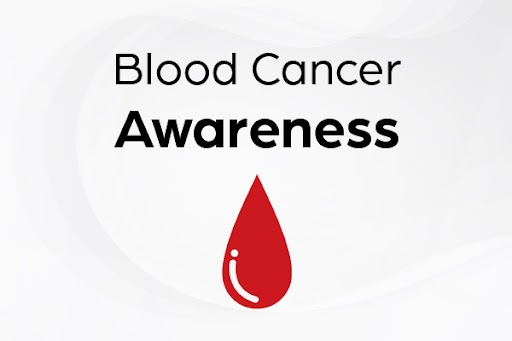Blood Cancer Awareness Month
Blood cancer comes in three major types: Leukemia, Lymphoma, and Myeloma. They affect your blood cells and bone marrow (the spongy tissue inside your bones). Working to alter the way your blood cells function, each type works in its unique way. In honor of Blood Cancer Awareness Month, here’s what you should know about the three major types of blood cancer:
Leukemia
Found in the bone marrow, leukemia causes the rapid production of abnormal white blood cells, which are vital infection fighters. Unfortunately, with this newly found volume of white blood cells, they now begin to function improperly. Also, depending on the types of cells affected and how they grow determines the type of Leukemia; quick growing is acute, while slow is chronic.
Lymphoma
When cancer is present in the network of vessels in your lymph nodes, spleen, and thymus glands, it’s identified as lymphoma—which starts in your white blood cells (also known as lymphocytes). The two main types being: Hodgkin’s lymphoma, which starts in the antibodies that fight off germs (B lymphocytes or B cells), and Non-Hodgkin’s lymphoma, which starts in the B cells or T cells.
A weakened immune system increases your chance of lymphoma.
Myeloma
Plasma cells, a type of white blood cell that makes antibodies, can spread through bone marrow, crowding other healthy cells. Often found in many parts of the bone marrow, these cells also produce antibodies that can fight off infections.
Does Blood Cancer Cause Symptoms?
When blood cancer is present, many might find themselves with fever, chills, fatigue, and weakness. Weight loss and bone and joint pain can occur too. Treatment options and plans will vary based on the diagnosis and location of the cancers.
The Latest Cancer Treatment Options in New York.
Cancer treatment is forever evolving, and here at New York Cancer & Blood Specialist, we are constantly working to find the latest treatment options available. Through research studies and constant education, we are proud to provide state-of-the-art treatment. Conquering Cancer Together!


